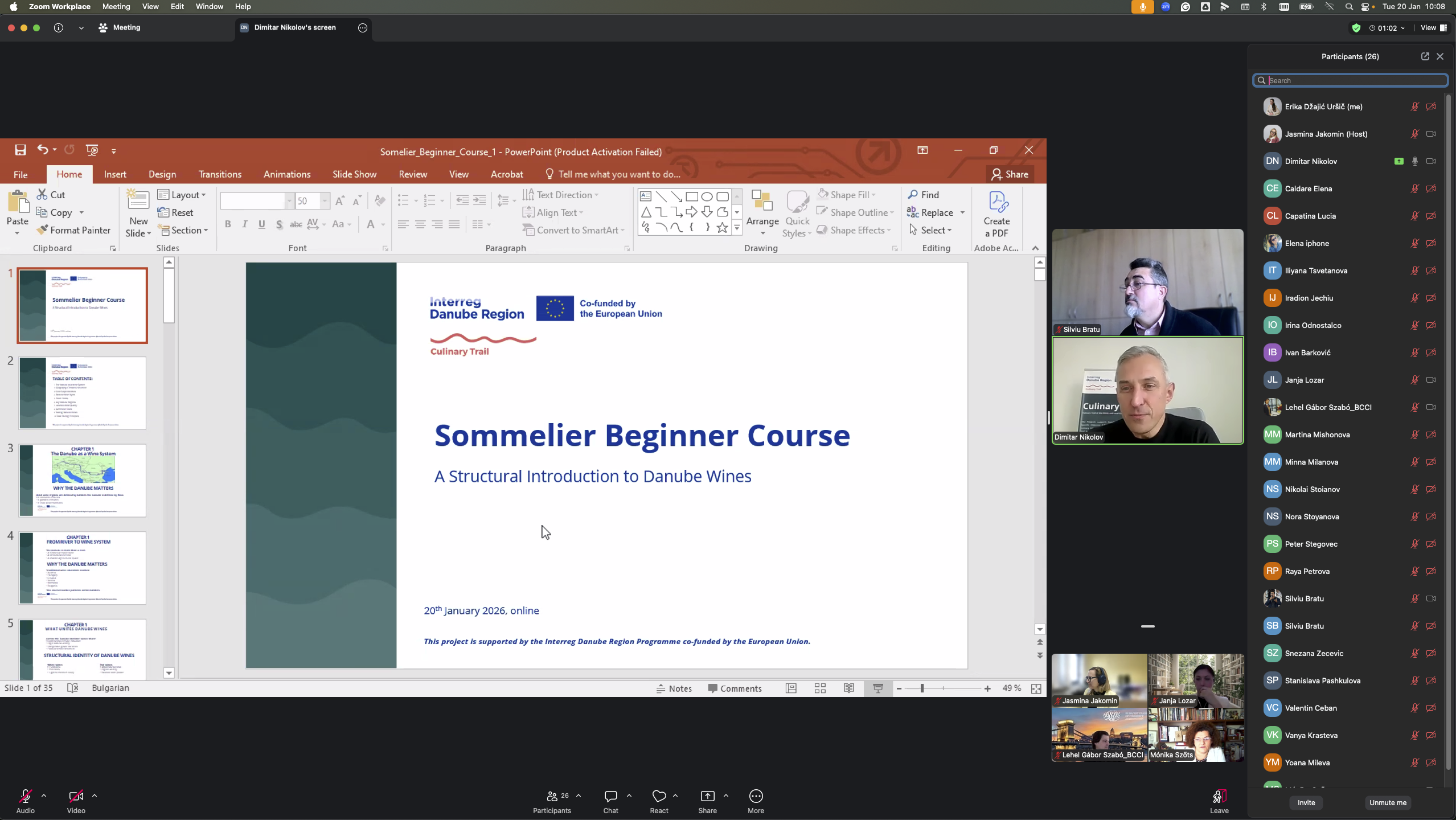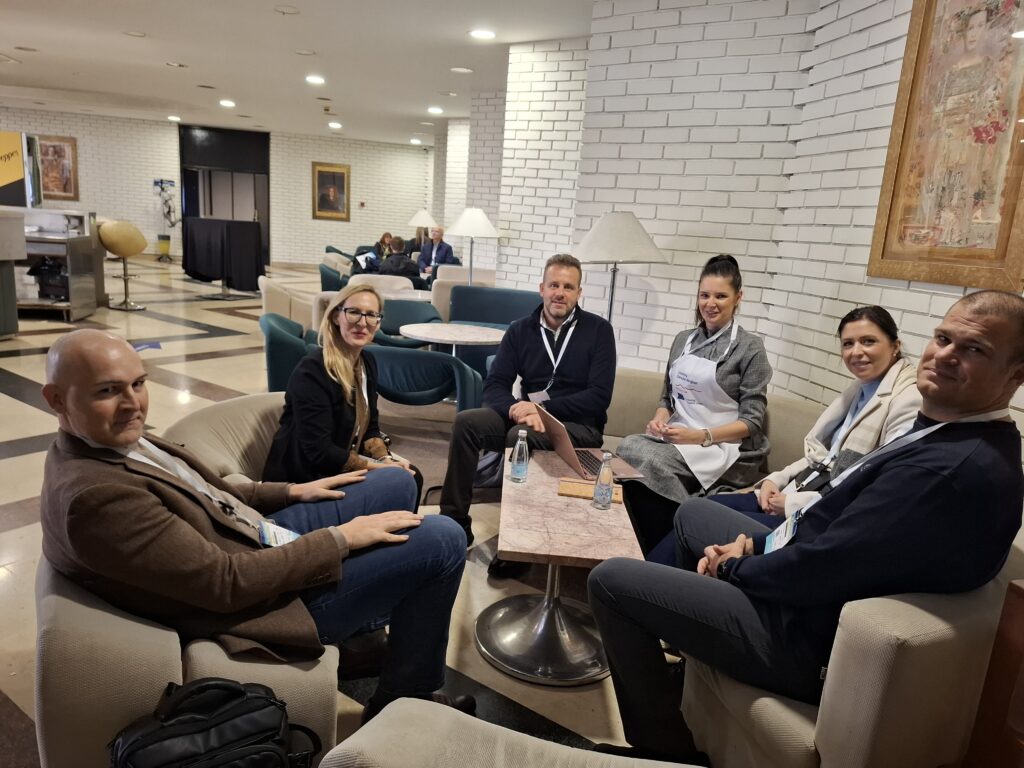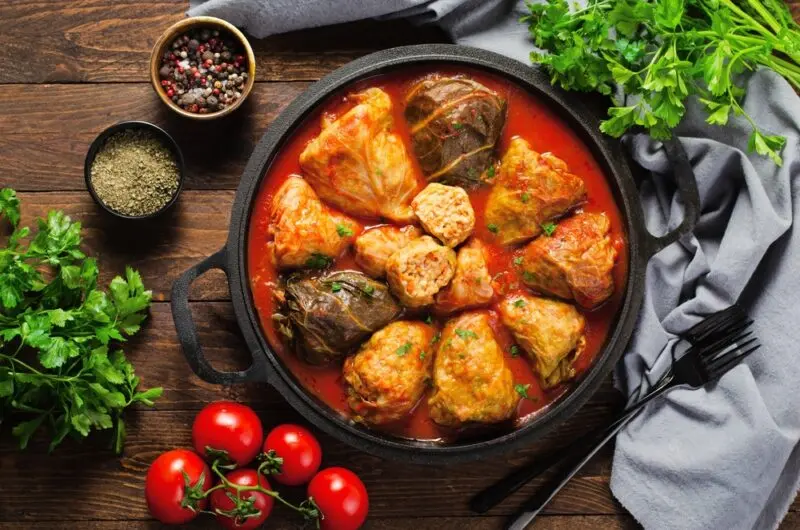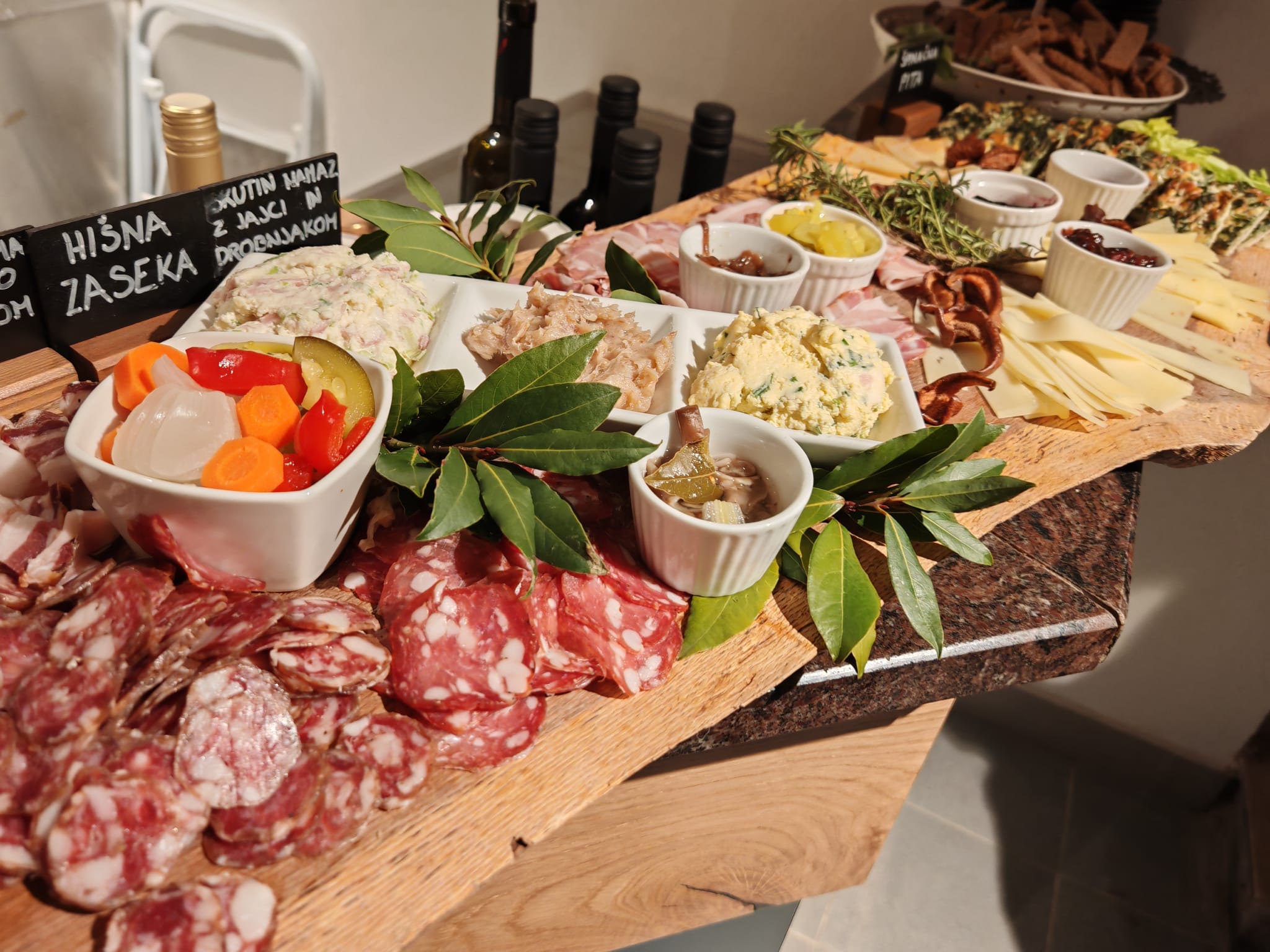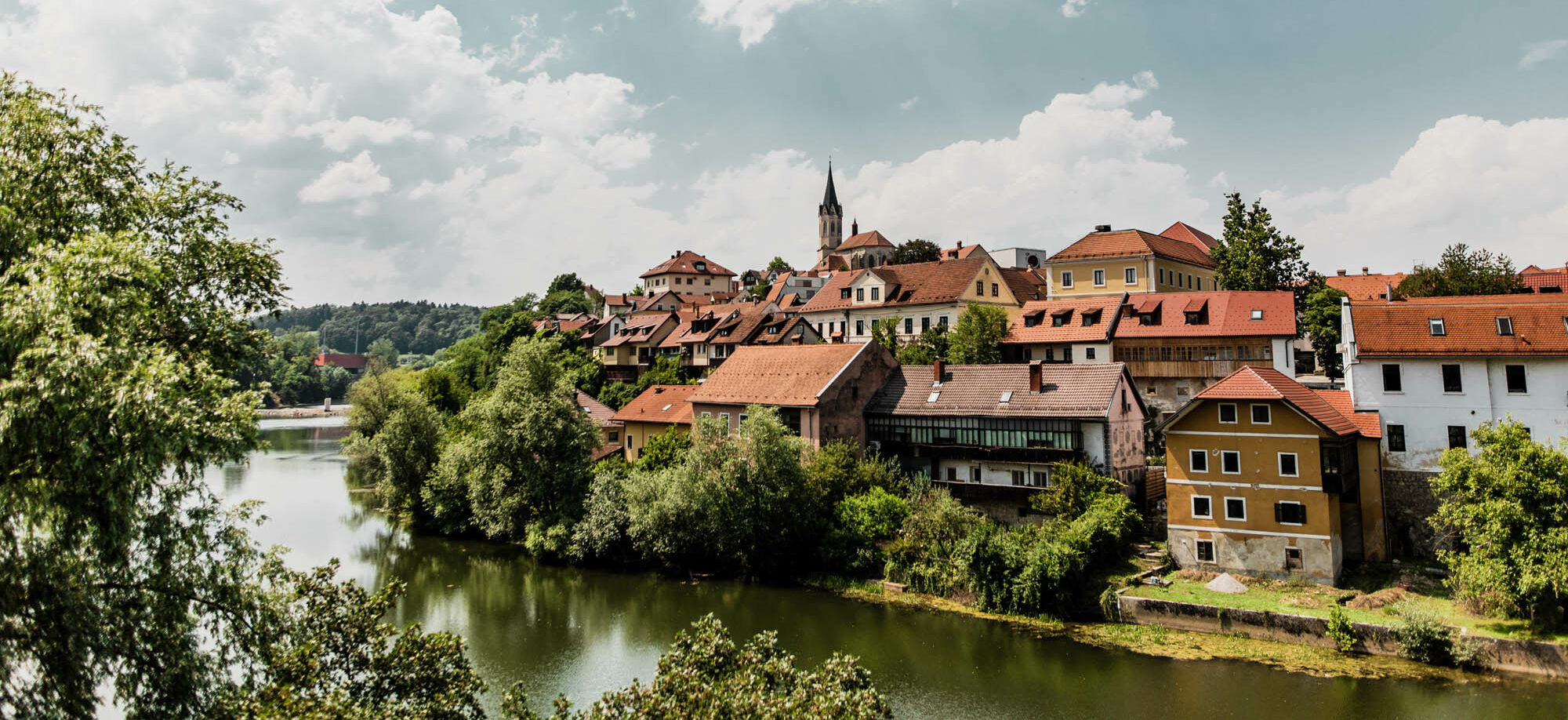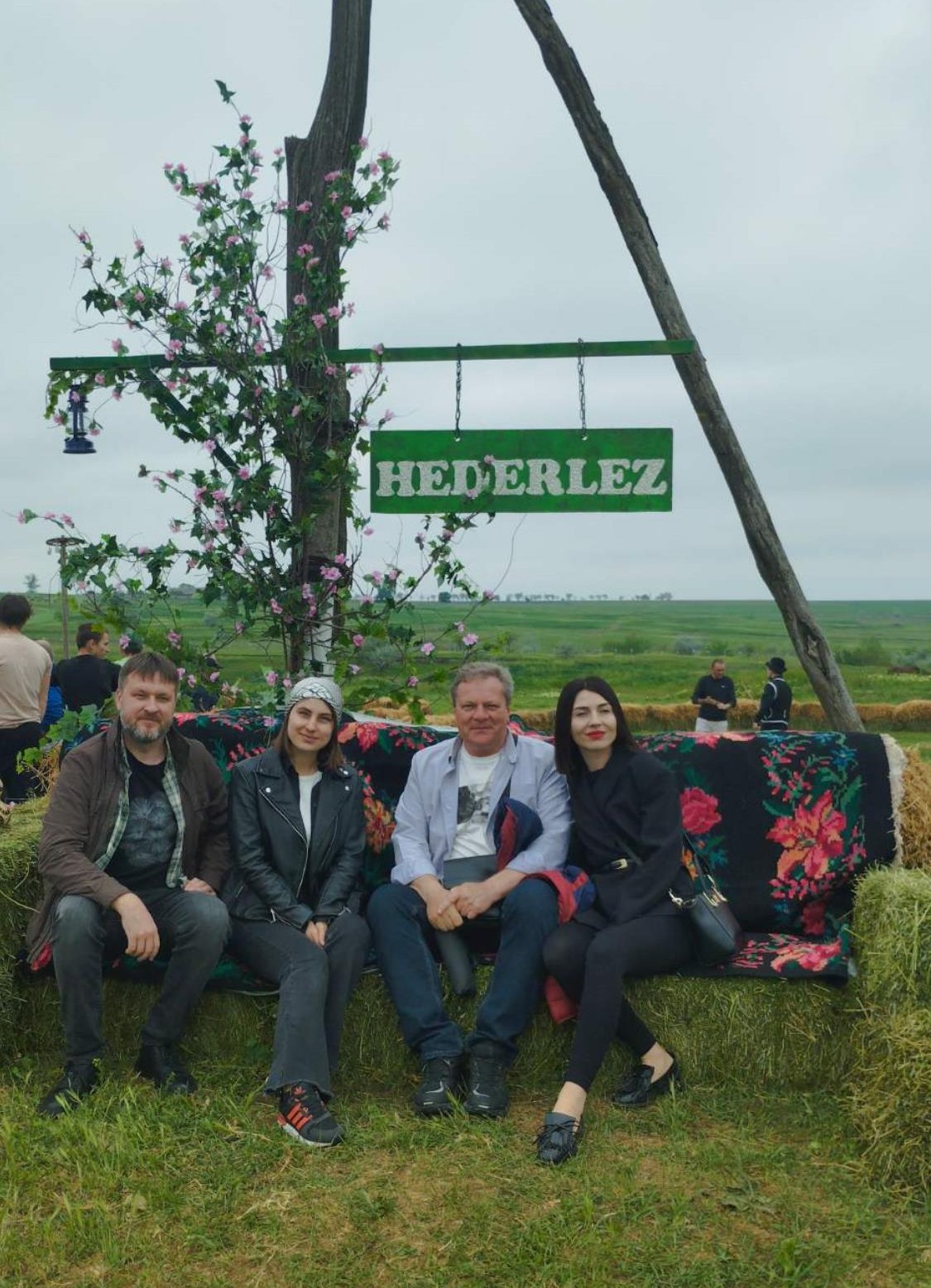
Festivals as the driver of culinary heritage preservation
Festivals, especially food and cultural festivals, are incredibly important drivers of culinary heritage preservation. Festivals provide a vibrant platform for communities to showcase their unique culinary traditions. They highlight regional specialties, traditional dishes, and the specific ingredients and cooking techniques that define a locality. Many festivals involve the preparation of traditional foods using age-old recipes and techniques. This creates invaluable opportunities for older generations to pass down their knowledge and skills to younger generations, preventing the loss of culinary traditions that might otherwise fade in a rapidly modernizing world. This “learning by doing” aspect is crucial for keeping practices alive.
Besides one of the most well-known festivals in the Republic of Moldova, National Wine Day (Ziua Națională a Vinului) is the most famous and largest culinary-related festival in Moldova – the best known in the ATU Gagauzia are Hederlez and Gagauz Șarap Yortusu (Gagauz Wine Festival). Held annually on the first weekend of October in Chișinău's Great National Assembly Square, it's a massive celebration of Moldovan wine. While wine is the star, the festival is also a showcase for traditional Moldovan dishes – such as mămăligă (polenta), sarmale (cabbage rolls), plăcinte (savory or sweet pastries), friptură (roasted meats), and various other local specialties to pair with the wines. Wineries often have their own food pairings and masterclasses.
Hederlez is a major traditional folk festival in Gagauzia, celebrating the arrival of spring and symbolizing unity. While it includes various cultural elements like horse racing and crafts, traditional Gagauz cuisine is a central and "especially popular" part of the visitor experience. Dishes like bulgur, gözleme, kırma, and other authentic Gagauz dishes are presented and promoted during the event. The contest of bulgur as a traditional Gagauz dish is organized among the villages from ATU Gagauzia. The UPSC team has participated in this year's event, which was organized on May 6, 2025.
Festivals are about promoting local ingredients and producers as well. Some thematic festivals are focused esp. on this part – taking the Republic of Moldova as a case study, UPSC local team has visited several of them, such as Cămara Fest (where local producers present their products using local ingredients, and is organized in Chisinau, the capital city). Street Food & Wine Festival, an event that brings together urban culinary trends with local wines. While it features a variety of street food, it often includes stands with modern interpretations of traditional Moldovan dishes alongside international fare. It's a more contemporary take on food festivals, but still highlights local wines.. The Street Food & Wine Festival is a good example of how festivals can also inspire culinary innovation. Chefs and home cooks may experiment with traditional dishes, incorporating new influences while retaining the core essence. This dynamic approach helps traditional cuisine remain relevant and appealing to new audiences.
Moldova, with its rich agricultural heritage and deep-rooted traditions, has a fantastic array of festivals that heavily feature culinary elements – Strawberry Festival, “Hai la Piersici” Festival (Peach Festival), Bostaniada (Pumpkin Festival), HODINA Fest (focus on local food, particularly vegetarian and pescatarian delights), etc. These festivals are vital for keeping Moldovan culinary traditions alive, ensuring recipes are passed down, local ingredients are utilized, and the unique flavors of Moldova continue to be celebrated and enjoyed.
In fact, festivals can raise awareness about the importance of culinary heritage. They might include demonstrations, workshops, and even culinary documentation projects that record recipes and cooking techniques, contributing to the broader effort of safeguarding intangible cultural heritage.
The challenges of the traditional and well-known festivals are that they might become overly commercialized and lose their connection to authentic local heritage. As one of the examples of good practices is the well-known Hederlez festival, an important event for the Gagauz ethnic group, authenticity, culture, culinary traditions, and local community involvement are all part of the festival.
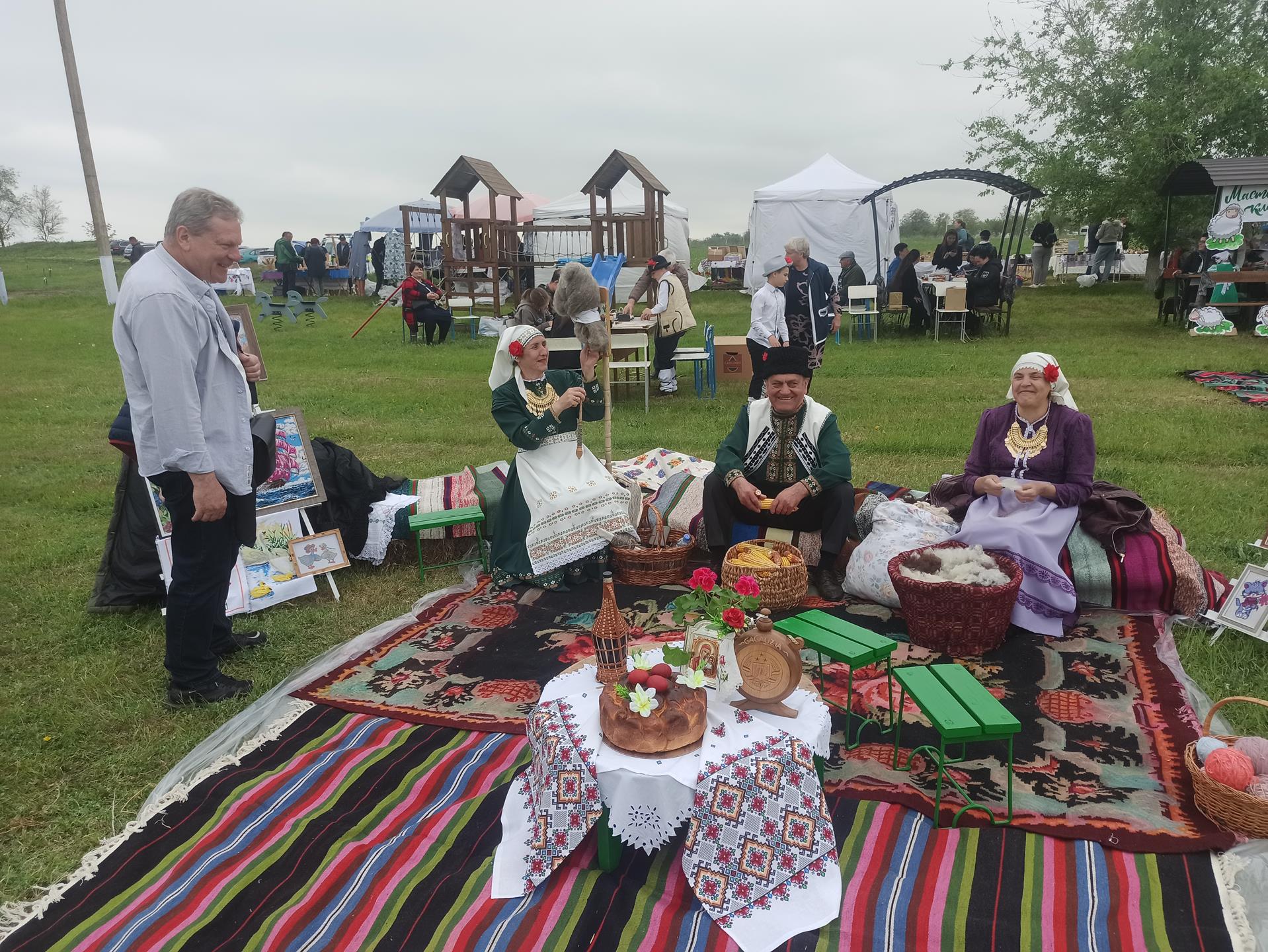
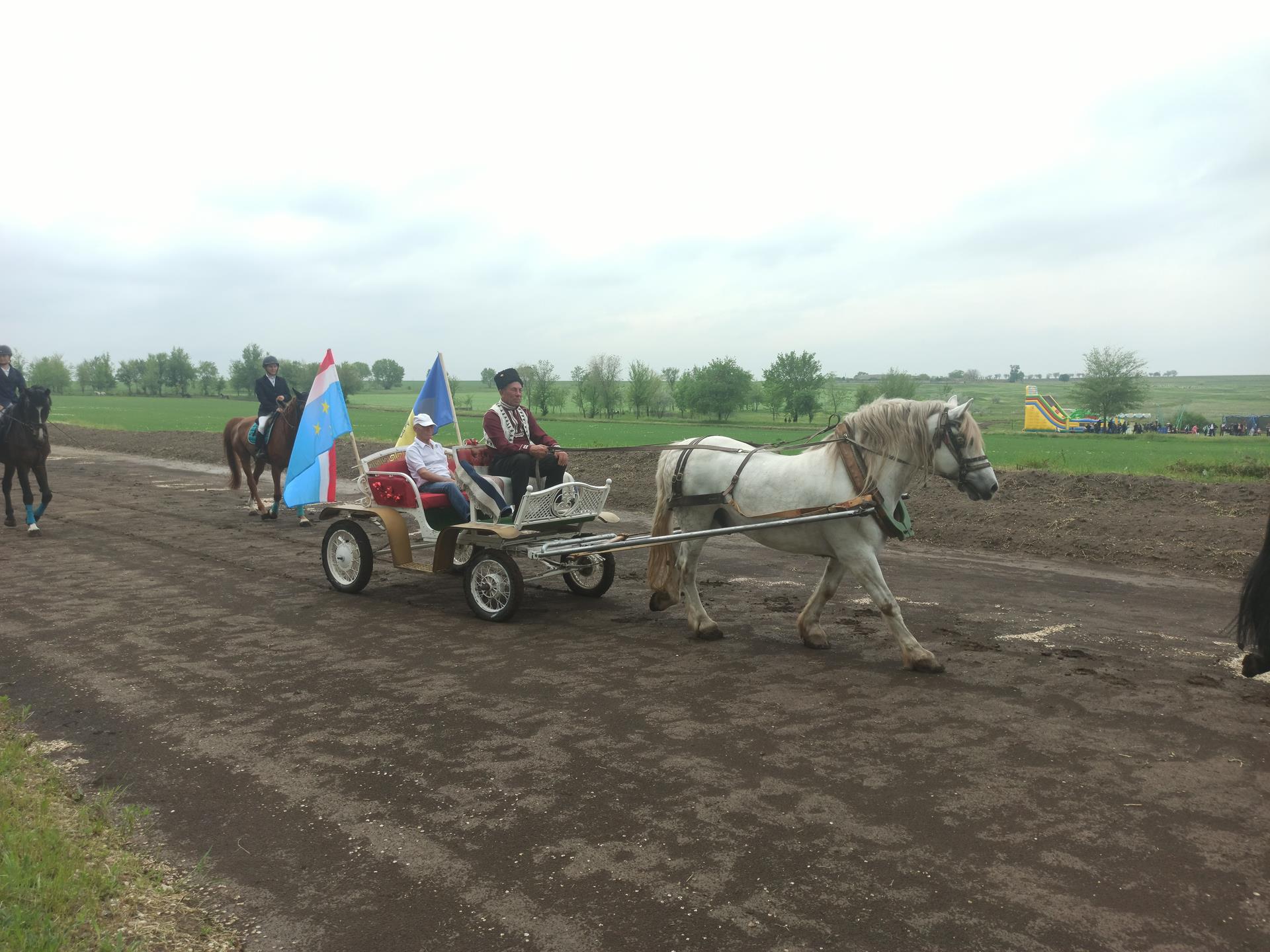
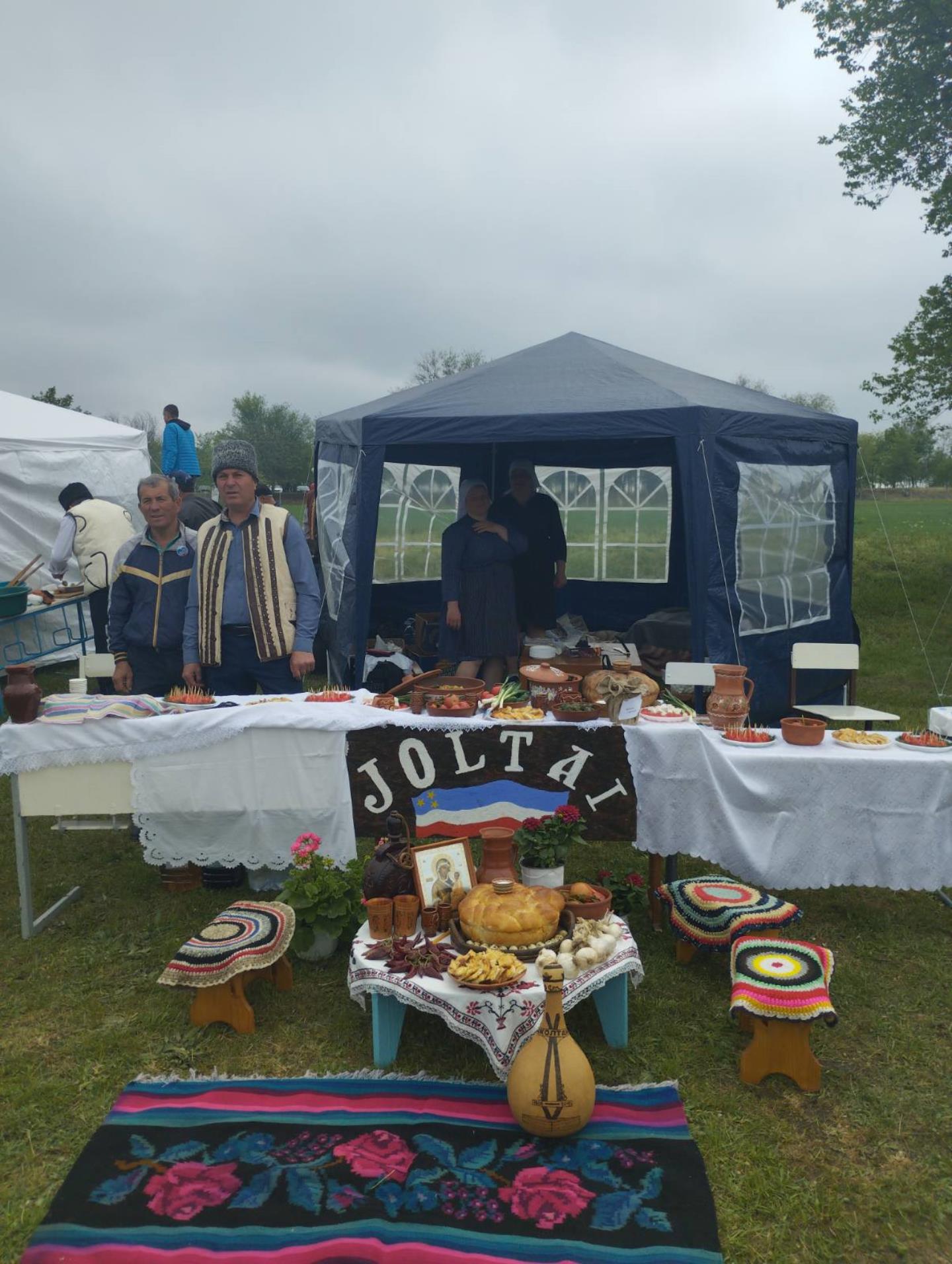
Photos and content prepared by the UPSC team.
News & Events
Read the most recent updates and explore the upcoming events.

